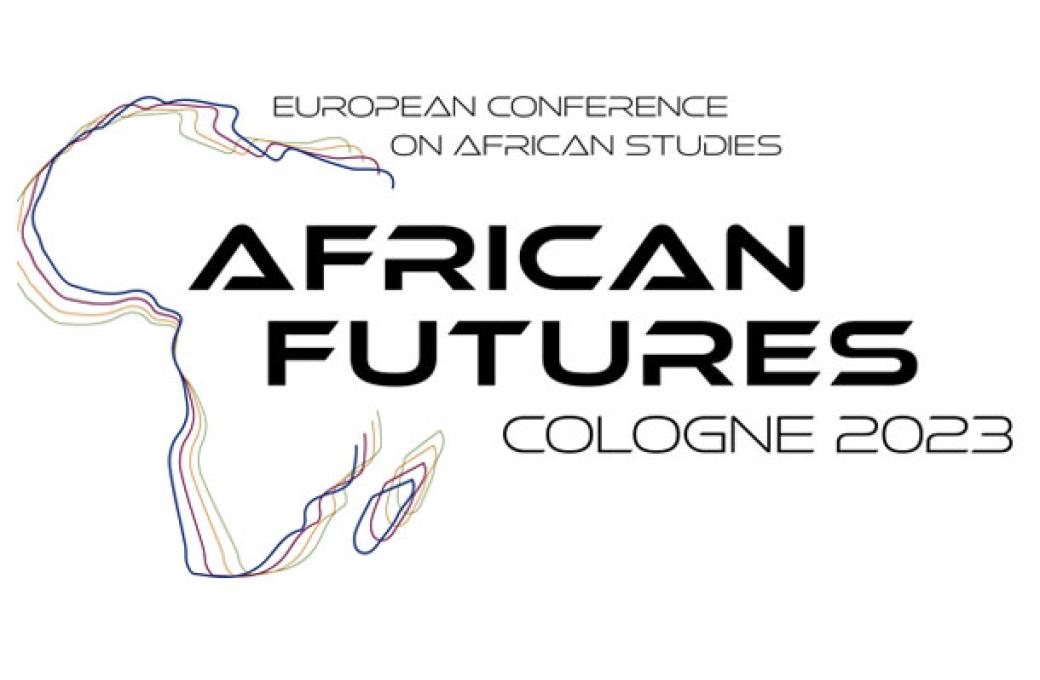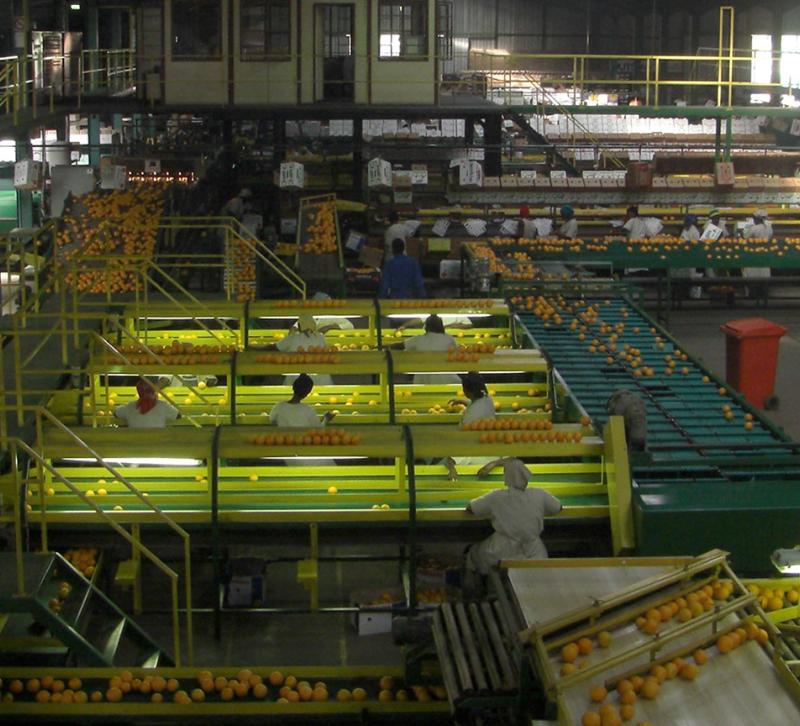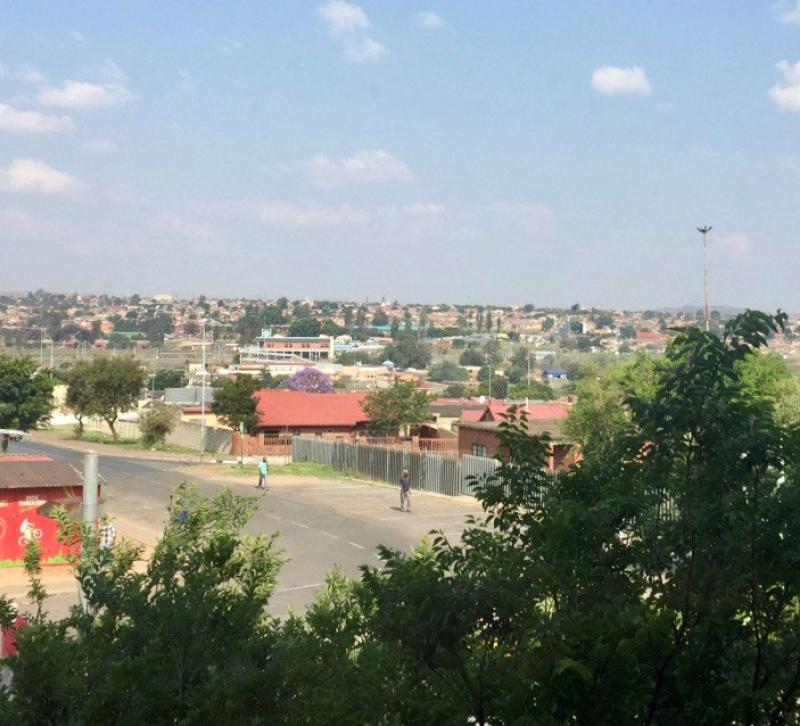
Contact
Research interests
Labour, migration, borders, money, property inheritance, class, the state, southern Africa.
Maxim Bolt
Maxim Bolt is an anthropologist working largely on questions of economy in southern Africa – particularly labour, migration, borders, the social dynamics of money, and property inheritance. His first major project investigated South Africa’s border with Zimbabwe, its large-scale commercial agriculture, its black workforces and white landowners, and the effects of concentrated formal employment in a context of crisis, upheaval and displacement. Zimbabwe’s Migrants and South Africa’s Border Farms: The Roots of Impermanence (Cambridge University Press 2015, Wits Press 2016) won the 2016 British Sociological Association / BBC Thinking Allowed Ethnography Award, and it was shortlisted for the 2016 Herskovits Prize (African Studies Association, USA) and the 2016 biennial Fage and Oliver Prize (African Studies Association of the UK).
Maxim now researches property inheritance, the state and class reproduction in Johannesburg, South Africa. In the post-apartheid era, making wills has taken on new significance amidst middle-class expansion and the rapid proliferation of financial services. Meanwhile, most people die intestate, their relatives confronted with unfamiliar rules about which relatives officially matter. The project explores the institutions and disputes surrounding urban inheritance, connecting socio-economic position to kinship, property, and legal and bureaucratic processes. As more South Africans accumulate substantial property, its disbursement becomes a new terrain on which battles of kinship obligation are fought.
Maxim previously worked at the University of Birmingham, and before that at the British Museum. For the BM’s interdisciplinary ‘Money in Africa’ project, he conducted ethnographic fieldwork with small-scale businesspeople in Malawi and interview-based research in Nigeria’s and Uganda’s central banks.
Maxim is a former Editor of AFRICA: Journal of the International African Institute and the Journal of Southern African Studies, and a former member of the council of the African Studies Association of the UK. He serves on the editorial boards of AFRICA, the Journal of Southern African Studies and African Studies Review.
Maxim is a Research Associate at the Wits Institute of Social and Economic Research, University of the Witwatersrand, and a Senior Honorary Research Fellow in the Department of African Studies and Anthropology, University of Birmingham. In 2018, Maxim gave the Malinowski Memorial Lecture, hosted by the Department of Anthropology at the London School of Economics.
Teaching
Maxim teaches on ODID’s MPhil in Development Studies.
He has previously taught and convened courses on economic anthropology, anthropological theory, gender and development, South Africa, the anthropology of Africa, and interdisciplinary research methods.
Doctoral supervision
Maxim supervises DPhil projects that take ethnographic approaches to understanding economic life – particularly work broadly conceived – and everyday dynamics of the law, the state, and formal and informal institutions. Many of his supervisees have undertaken research in Africa, particularly South Africa, but he is also happy to discuss research interests in other settings.
-
Books and monographs( ) Zimbabwe's Migrants and South Africa's Border Farms: the roots of impermanence . , Cambridge University Press
-
Journal articles and special issues( ) Bringing Formalisation ‘to the People’: Deceased Estates as a Post-Apartheid Legal Field . South African Historical Journal 1–20( ) ‘Creature of statute’: Legal bureaucracy and the performance of professionalism in Johannesburg . Critique of Anthropology 42 (4) 419-38( ) Special Issue: Engineering the Middle Classes: State Institutions and the Aspirations of Citizenship . Critique of Anthropology 42 (4)( ) Engineering the middle classes: State institutions and the aspirations of citizenship . Critique of Anthropology 42 (4) 347–58( ) Fluctuating formality: homeownership, inheritance, and the official economy in urban South Africa . Journal of the Royal Anthropological Institute( ) Homeownership, legal administration, and the uncertainties of inheritance in South Africa’s townships: apartheid’s legal shadows . African Affairs 120 (479) 219–41( ) Recognising the family house: a problem of urban custom in South Africa . South African Journal on Human Rights 35 (2) 147-68( ) Introduction: becoming and unbecoming farm workers in Southern Africa’ . Anthropology Southern Africa 40 (4)( ) Making workers real: regulatory spotlights and documentary stepping-stones on a South African border farm . HAU: Journal of Ethnographic Theory 7 (3)( ) Special Issue: Becoming and Unbecoming Farm Workers in Southern Africa . Anthropology Southern Africa 40 (4)( ) Introduction: labour, insecurity and violence in South Africa . Journal of Southern African Studies 42 (5)( ) Special Issue: Making the Right Connections: Globalization, Economic Inclusion and African Workers . Journal of Development Studies 52 (4)( ) Special Issue: Labour, Insecurity and Violence in South Africa . Journal of Southern African Studies 2 (5)( ) Accidental neoliberalism and the performance of management: hierarchies in export agriculture on the Zimbabwean-South African border . Journal of Development Studies 52 (4)( ) Mediated paternalism and violent incorporation: enforcing farm hierarchies on the Zimbabwean-South African border . Journal of Southern African Studies 42 (5)( ) Introduction: African workers and the terms of global economic inclusion . Journal of Development Studies 52 (4)( ) The sociality of the wage: money rhythms, wealth circulation, and the problem with cash on the Zimbabwean-South African border' . Journal of the Royal Anthropological Institute 20 (1)( ) Producing permanence: employment, domesticity and the flexible future on a South African border farm . Economy and Society 42( ) Waged entrepreneurs, policed informality: work, the regulation of space and the economy of the Zimbabwean-South African border . AFRICA: Journal of the International African Institute 82 (1)( ) Camaraderie and its discontents: class consciousness, ethnicity and divergent masculinities among Zimbabwean migrant farm workers . Journal of Southern African Studies 36 (2)( ) Zimbabwe-South African border: soccer, braais and community of workers . South African Labour Bulletin 33 (2)
-
Chapters( ) Passing on, Passing Around, and Passing Through: Urban Inheritance in South Africa as Circulation . In Chris Hann, Deborah James One Hundred Years of Argonauts: Malinowski, Ethnography, and Economic Anthropology , Berghahn( ) Circulation and its forms . In James G Carrier A Handbook of Economic Anthropology , Edward Elgar( ) Crisis, work and the meanings of mobility on the Zimbabwean-South African border . In J Noret Social Im/mobilities in Africa: ethnographic approaches , Berghahn( ) Navigating formality in a migrant labour force . In W Adebanwi The Political Economy of Everyday Life in Africa: beyond the margins , James Currey( ) Money in Africa: new historical and anthropological approaches . In B Cook The British Museum and the Future of UK Numismatics , British Museum
-
Other publications













